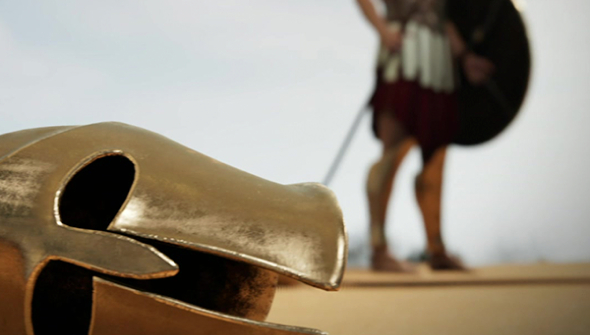
In Homer, Herodotus, and Thucydides, we look at the role of myth in defining national character and the emergence of historical thinking as a critical examination of past and contemporary events. The Iliad tells the story of the Trojan War and the tragic consequences of conflict run rampant. The Odyssey follows the travails of one man as he tries to return from war to resume his life, establishing a narrative structure seen time and again throughout history. With Herodotus, we see the birth of history, as he endeavors to report what happens as he understands it, rather than what has come from divine inspiration or revelation. Thucydides explores in great detail the events of his day and the destruction wrought by unchecked ambition and flawed political strategy. Together these works have value not just of their own accord but as the foundation upon which subsequent works would be built.
Angie Hobbs - University of Sheffield, UK
Bettany Hughes, Officer of the Order of the British Empire and Fellow of the Society of Antiquaries, UK
David Teegarden - University at Buffalo
Edith Hall - Durham University, UK
Joel Christensen - Brandeis University
Michael Scott - University of Warwick, UK
Paul Cartledge - Cambridge University, UK
Sarah Brown Ferrario - Catholic University of America
Scott Arcenas - University of Montana
Homer: Odyssey, Iliad
Herodotus: Histories
Thucydides: Peloponnesian War
Richard Martin, Stanford University